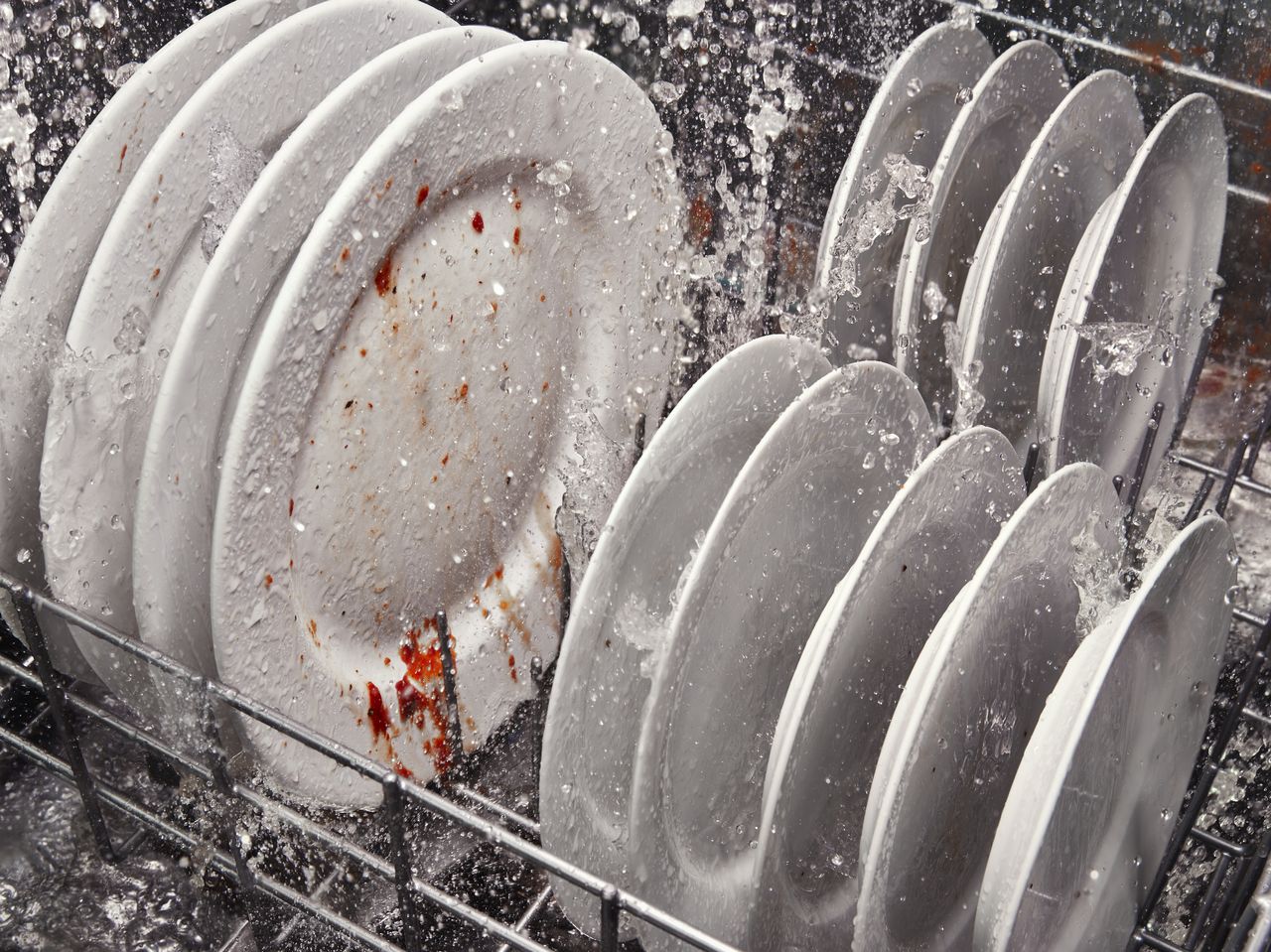
The modern kitchen has numerous high-tech appliances designed to make our lives easier. Among these, the dishwasher stands out as a true time-saver. But have you ever wondered, "How do dishwashers heat water?" This blog will delve deep into the mechanism behind this process, demystifying the workings of this everyday appliance.
Much like your trusted refrigerator, a dishwasher is an example of a sophisticated appliance. At its core, a dishwasher is designed to clean and sanitize dishes, glasses, and utensils by spraying them with hot water and detergent. Water heating is pivotal in ensuring the dishes come out sparkling clean and germ-free.
Now, let's dive into the central question: how do dishwashers heat water?
Most modern dishwashers have a built-in heating element, usually at the unit's base. This element works similarly to an electric kettle or water heater. When the dishwasher begins its cycle, the element heats the cold water that enters the appliance to the desired temperature.
The thermostat in the dishwasher plays a crucial role in monitoring and maintaining the water's temperature. It ensures that the water remains at the optimal temperature, which is generally between 130°F to 170°F (54°C to 77°C). This range is essential for effective cleaning and killing harmful bacteria on the dishes.
Some high-end dishwashers employ a heat pump system. This energy-efficient method absorbs heat from the air or water within the appliance and uses it to heat the water. It's an environment-friendly option that reduces the energy consumption of the dishwasher.
In certain cases, particularly in older models of dishwashers, the appliance may be connected directly to the house's hot water supply. This method bypasses the need for a built-in heating element. However, it relies on the home's water heater to supply the right temperature.
Lastly, many dishwashers use a heat exchanger to heat the water. This component recovers heat from the water used in earlier phases of the washing cycle and uses it to heat the clean water used in subsequent stages. This method not only ensures optimal water temperature but also conserves energy.

1. Effective Cleaning
Hot water helps break down tough food residues and grease. It allows the detergent to work more effectively, ensuring the dishes are clean and free from residues.
2. Sanitization
Heated water kills harmful bacteria and germs in the dishes. This is particularly crucial for families with young children or those with compromised immune systems.
3. Faster Drying
Hot water evaporates faster than cold water. When the washing cycle is over, the residual heat helps dry the dishes quickly, leaving you with ready-to-use dishes.
4. Energy Efficiency
Contrary to popular belief, dishwashers can be more energy-efficient than washing dishes by hand. This is because they use less water and heat it more efficiently. Additionally, energy-efficient models utilize advanced technologies like heat pumps and heat exchangers to minimize energy consumption.
5. Durability of Dishes
Properly heated water in dishwashers is less likely to cause damage to your dishes. Some materials, like porcelain or certain plastic types, can get damaged or discoloured with improper washing. Water at the right temperature ensures a proper, gentle cleaning that prolongs the lifespan of your kitchenware.
6. Saves Time
The use of hot water speeds up the overall dishwashing process. It quickly breaks down the dirt and grease, which shortens the required wash cycle time. This means you get clean and dry dishes in less time, giving you more freedom to enjoy other activities.
With growing concerns about energy consumption and the environment, many homeowners opt for energy-efficient dishwasher models. These models might be connected directly to the home's hot water supply. By doing so, they reduce the need to heat water from scratch, saving energy. However, they retain the built-in heating element to ensure the water reaches the desired temperature.
Understanding "how dishwashers heat water" gives us a greater appreciation for the innovation and technology behind our daily appliances. Just like a refrigerator keeps our food fresh, a dishwasher ensures our dishes are clean, sanitized, and ready for use. As with any appliance, regular maintenance and understanding of its functions can lead to better performance and longevity.